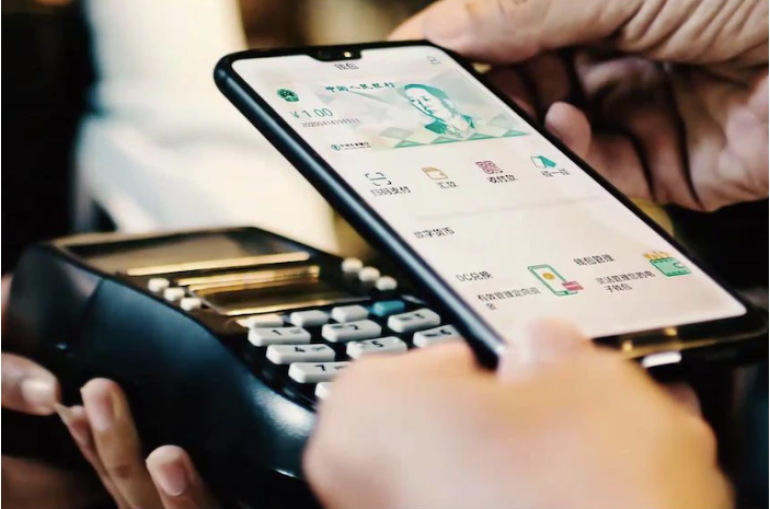China's digital currency raises concern as wages of thousands of public servants moves to e-CNY
UNSW senior lecturer Eric Lim said he was concerned that digital currencies such as e-CNY could make a person's financial history completely transparent to the central bank and to the government.
